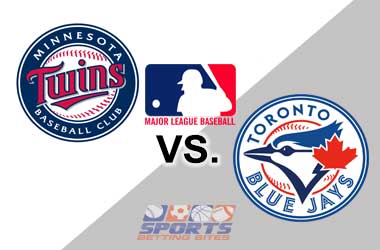
The Ministry of Economy in Brazil has put together a draft legislation for the legalization of online and land based sports betting.
Legislators are in the process of finalizing the draft decree which should be done in the next couple of weeks.
The final sports betting decree will be published and the public will be invited to share their feedback on the bill. While we will have to wait and see what the final bill entails, here are some of the provisions that the bill focuses on.
First up there will be no cap on the number of sports betting licenses. This means that the gaming regulator in the country will be able to issue as many licenses as required, provided the operator fulfils all of the stipulated criteria.
The regulations are very interesting when it comes to the way Brazil wants to collect licensing fees. Operators will be required to remit a onetime licensing fee of £600,000 which will be valid for 9 years. They will be required to pay a one percent yearly tax rate on their reported turnover.
One of the main conditions that must be met by operators who want a license in Brazil is that they will have to show a minimum of £1.2 million in reserves to prove that they have the finances to guarantee payments to their customers.
Brazil has decided to go with a monthly licensing fee system and different rates will be imposed based on the nature of operations. Online betting operators will be required to pay £6000 per month while land based operators will need to pay £4000 per month. Operators who offer both land based and online sports betting will have to pay £9000 per month.
Legislators are eager to push forward with sports betting and so is the general public. The Ministry of Economy reported that it had received over 1800 suggestions from local and international parties and members of the public on how to regulate sports betting in the country.
The Secretariat of Evaluation, Planning, Energy and Lottery (SECAP) which is under the Ministry of Economy said that they were very pleased with the draft sports betting decree as it was a comprehensive bill that took into account all angles and provided Brazil with a flexible but well regulated sports betting market.






